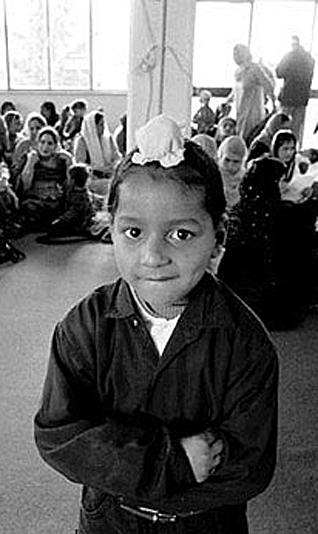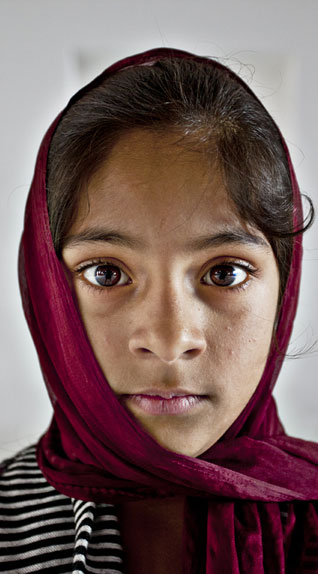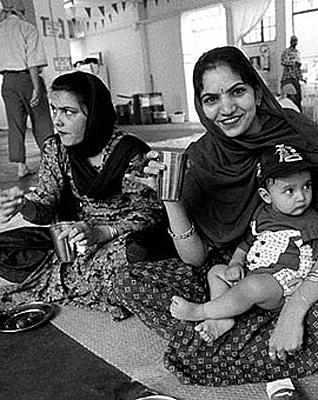Travel
The Sikh Towns Of Italy
SILVIA MARCHETTI, Newsweek
If you scroll the phone directory of Pontinia, a rural town south of Rome, Italy, you might be surprised to find dozens of people named Singh.
At Bufalara on Lake Caprolace, red-turbaned and long-bearded Sikh farmers from Punjab are easy to spot as they tend freely grazing mozzarella buffalo with a care and devotion that Italians lack. Or can't be bothered with.
They don't just feed, milk and wash the animals and clean the stables. Sikhs also have a central role in making of the premium buffalo mozzarella cheese, which is granted special status by the European Union (“EU”) if produced in the region stretching from southern Latium to the Campania region.
"I like working in the stables – I know the names of all the 30 buffalo," says Harb Singh, 48, who has learned to make mozzarella and hopes to be able to return to Punjab in 10 years to open his own dairy farm. "My son is learning the job so one day he can take my place."
There are roughly 60,000 Sikhs living in the area, the second largest cluster in Italy. Roughly 800 of them work in the 2,000 dairy farms specialised in producing mozzarella with buffalo milk – stronger and saltier in taste than cow's milk and therefore more expensive.
Early in the morning you come across Sikhs as they bike to work along dusty country roads in traditional costumes. The streets are lined with mozzarella stands also run by Sikh-Italians.
"Sikh farmers have rescued our mozzarella from extinction," says Marco Omizzolo, co-founder of non-profit organisation In Migrazione and runner of a Sikh migrants' support center. "They have taken up a job that Italians don't want to do any more. And they have great skills due to their traditional familiarity with buffalo."
"They have a farming and breeding background and the fields in Punjab are similar to these ones," says Omizzolo. "Even if they don't worship cows like Hindus, they nourish a particular respect for all life forms."
Life in the dairy farms is tough: shifts go from 5 am to 9 pm and there are at least three milking sessions a day, with few holidays as the buffalo need constant "baby sitting".
In every stable there are at least two Sikh workers. Regulars get paid €9 per hour, but the 70% without a contract get just €3.50.
But it's less harsh than working in the fields where landlords often exploit Indian farmers, sometimes paying as little as €1 per hour. Italy has no minimum wage and the "black labour market", where workers are virtually invisible to the state, is common in many industries and affects immigrants and Italians alike.
Working as dairymen means also sending home money. Mandeep Singh, 25, is paying for the new house his father is building for him in Punjab. "When I go back, I'll find a beautiful wife and have children."
But for the time being, he's needed to keep top-of-the-range ‘Made in Italy’ produce on Europe's shelves.
[Courtesy: Newsweek. Edited for sikhchic.com]
May 14, 2015





